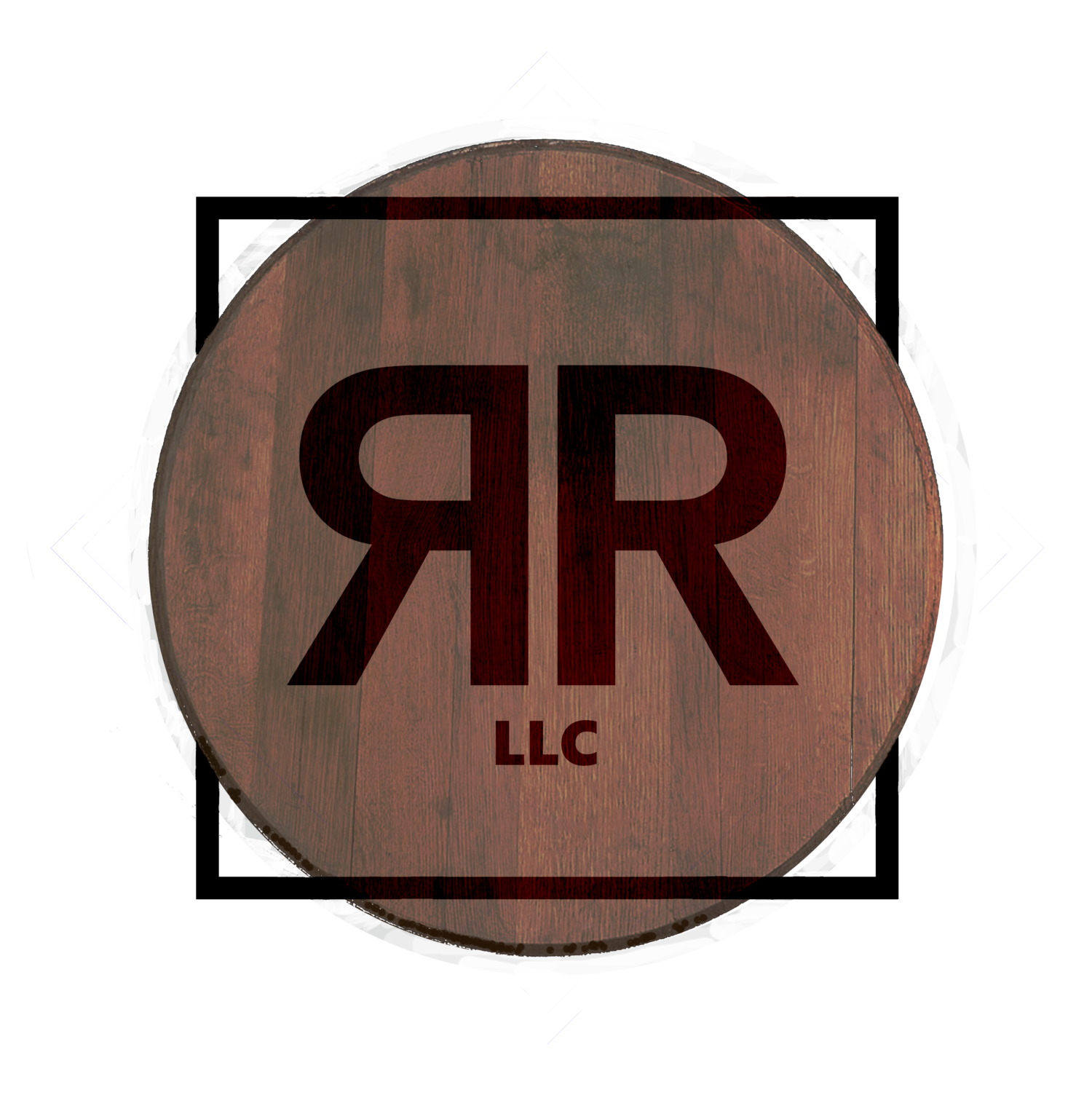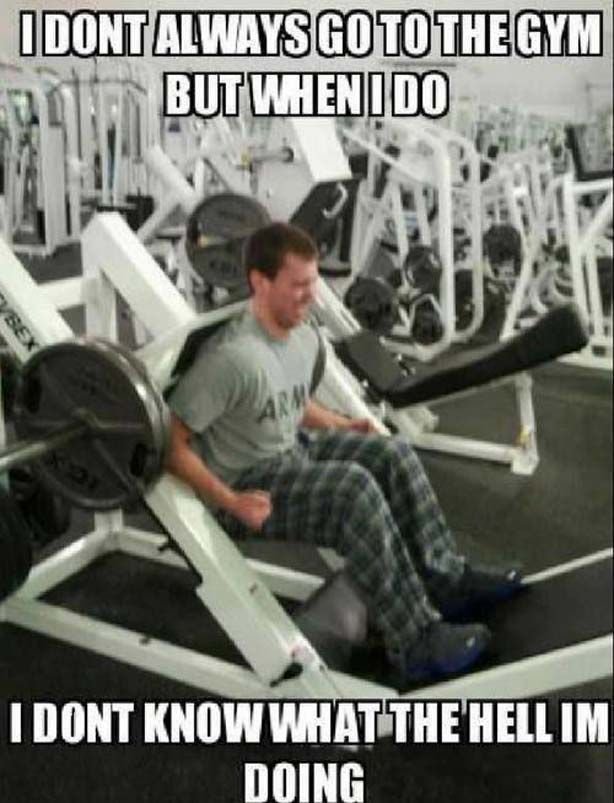The gym is a great place to be to not only condition your body, but to get insights on human behavior. And the corollary of working out to the execution of sales, especially in the liquor business, is almost too precise to ignore.
Day after day, I see young guys come in, mostly high school and college age, during spring break. They perform ridiculous gyrations on the machines or over-pump and strain on the free weights. I see them on the exercise floor performing absurd repetitive motions, all executed with the unbounded energy of youth. I watch them over-extending their limbs, slamming down the weights, watching a YouTube video in-between reps, etc., exhibiting all the behaviors of someone who’s never been trained correctly to use weight training as a means to a particular end.
Right next to them, I see their older counterparts, mature men with years in their pockets, performing the same stunts…in the same fashion….but naturally with less energy. And neither one of them is doing themselves any good. But its a safe bet that the young guys learned their behavior from the older ones: maybe in the gym, but most probably in the school system where their coaches and instructors perpetuate the same mistaken approaches that they themselves learned as youngsters.
The big problem here is that this is a perpetual engine, all of the worst habits handed down from one generation to the other. And no one will admit to themselves that its incorrect.
If you’re in the alcohol beverage sales business, does this sound familiar? It should, because this is exactly the state of the sales game: the handing down of bad habits, from management to the field, generation after generation. And it will go on in perpetuity, because of the insular nature of the industry and its silent reliance on “tradition”: with no formal training on the technique of selling, new sales people enter the business with a rudimentary understanding of what they’ll be doing. They’re handed a sales route and put under the tutelage of their manager, who will instruct them, guide them, give them the rules (etched in stone by HR) and introduce them to their new customer base: 2 weeks in the field with instructions to “do as I do” and then you’re off on your own.
Unfortunately, that manager learned it the same way from the one before him/her, who in turned learned it from their elders. And at one point in the past, someone worked for Gallo, or Seagrams or Schenley, companies that had actual training programs designed to bring a new recruits from 0 to 60 over a long course of time. That’s because in those MadMen days, you signed on to a company for life, and there was a culture that carried you through to your retirement. You became a “Gallo man”, a “Seagrams man” and in return for being a good corporate soldier, you were taken care of for life (given that you didn’t set yourself up to be fired). You were invested in and the first step was a training program.
“ Its 5 cups of hot water and one teabag: by the time you get to the fifth cup, its tea in name only. ”
But that corporate structure started to fall apart across all business sectors in the 1980s when the free market system was let loose by the Reaganomics’ philosophy of de-regulation. And by time of the fall of the House of Seagrams and the fizzling away of Gallo in the late 90s, and the rise of modern giants Diageo, Pernod-Ricard and Bacardi, that practice of investing in the next generation fell apart, becoming an echo of the past. That’s what that faint echo of “training” actually means when today’s distributor culture takes on new recruits: someone, somewhere in the past actually went through one of those formal training programs, and they passed that on to their recruits who in turn passed it on to theirs. Its 5 cups of hot water and one teabag: by the time you get to the fifth one, its tea in name only. If you succeeded in sales, you did it because of your own personal will and ability, not because the company taught you how. And if you did well, you were promoted to management: you weren’t trained to be a good manager, however, in modern management techniques. Management was simply a reward for good field performance.
No one in the current corporate structure is willing to admit that this is a problem, no one is willing to undo it for the sake of the next generation for a simple, very human reason: to admit that “I wasn’t trained” means that there is less value in my work, that I got here as a fluke, that there’s a bug in the system. And that admission will never happen.
And those kids in the gym will go on to perpetuate those same bad habits into adulthood.
Unless… they stop and face the fact that if you’re not a student practitioner, if you’re not constantly learning how to read the market better, to adjust to new customer behaviors and be willing to swim in different bodies of water, then you face one of 2 extremes: you burn out and leave; or you get promoted to management and perpetuate the same thing, again and again.
I’ve sold in 3 different industries: show business, where I was the product to be sold; technology, where the high-stakes complex sale was the rule of the game; and the beverage alcohol industry, where frankly, we throw things on the wall until they stick. You learn a thing or two when you cross over different industries.
That’s why I developed the “Spirits Gnosis” 2-day sales seminar. I teach sales people how to create their own methodology that not only forwards the progress of their company and the brands they represent, but develops themselves into valuable business consultants that are indispensable.
And stop the cycle of bad sales execution. Sales is an honorable profession, let’s treat it that way.

